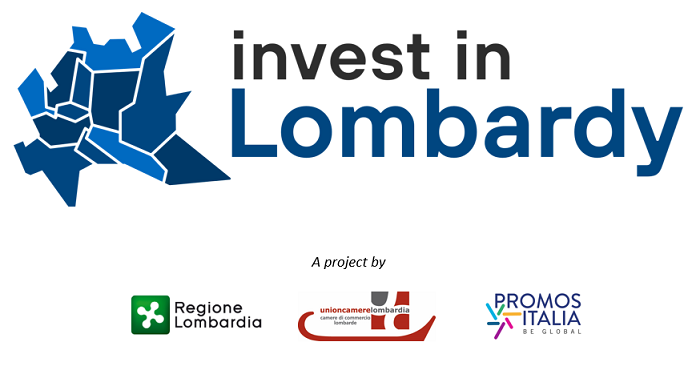Background
The numerous recent legislative initiatives regarding limited liability companies (“S.r.l.”), are noteworthy for having created new opportunities for the use of this corporate vehicle. In particular, the enhancement of the S.r.l., which started with the company law reform of 2003, has been accentuated over time both as to its legitimacy for the development of economic activities, for both businesses and professional service providers.
In particular, Decree Law 76/2013, entitled “ Initial urgent measures for the promotion (particularly youth) of employment, social cohesion, as well as in the area of Value Added Tax (VAT) and other urgent financial measures.” (the “Labor Decree” ), enacted provisions on corporate law, with regard to the law governing the S.r.l.. As part of the “Provisions relating to labor, employment and social security” (Chapter II), art. 9(13)-(15) Decree Law 76/2013 on “Additional provisions relating to employment” made significant changes to the regulation of: i) simplified limited liability companies, with the removal of the 35 year age limit for the quotaholders at the time of incorporation; 2) reduced capital limited liability companies.
Please note that at the time of conversion, Law 99/2013 within the general S.r.l. rules (art. 9(15-bis) and (15-ter) of Decree Law 76/2013) made the following changes:
- permitted the incorporation of an S.r.l. with capital of less than Euro 10,000, but greater than Euro1: in that case the subscription must be in cash; paid in full to the persons entrusted with the company’s management; in addition, the amount to be deducted from the profits as shown in the financial statements, for the legal reserve provided for in Civil Code art. 2430 must be at least one-fifth of the amount of the profits, until the reserve reaches, combined with the capital, Euro10,000. The reserve thus formed can only be used for the allocation of capital and to cover any losses. It must be replenished if it is reduced for any reason.
- required that the duty of the payment of the initial cash contribution when the articles of incorporation are executed be made to the management body (rather than a bank).
The “simplified” S.r.l.
One of the most important innovations introduced by Decree Law 76/2013 in relation to S.r.l.s. concerns the repeal of the subjective requirement contained in the previous text of Civil Code art. 2463-bis (1), by which this type of S.r.l. could only be incorporated by individuals under 35. Now, as a result of the amendments of art. 9(13) (a) Decree Law 76/2013, individual members of S.r.l.s. may be of any age.
The requirement that quotaholders of the S.r.l.s. must only be individuals continues to apply. This limitation applies both at the time of incorporation and for the life of the company. Therefore, entities other than individuals cannot become quotaholders in a S.r.l.s., either through the transfer of quotas or by way of corporate transactions such as capital increases, mergers, demergers, etc. the result of which one or more quotas of the S.r.l.s. is nevertheless attributed to such an entity.
The articles of incorporation of the S.r.l.s. and its registration in the Companies Registry are exempt from stamp duty and administrative fees; nor are any notary fees payable (art. 3(3) Decree Law 1/2012).
Art. 9(14)(b) of Decree Law 76/2013 provides that the benefits for access to credit (through an agreement between the Minister of Economy and Finance and the Italian Banking Association) referred to in art. 44(4-bis) Decree Law 83/2012, formerly available for the reduced capital S.r.l. (now repealed) are extended to individuals under 35 who undertake entrepreneurial activities through the establishment of a simplified S.r.l.
Subscription of capital
In general, to incorporate a company, its capital must be fully subscribed but not paid in (except in the case of a sole quotaholder company).
For cash contributions, the minimum amount of capital to be paid upon execution of the articles of incorporation is 25% and the entire share premium or, in the case of the formation with unilateral deed (read about trust deed at creditfix.co.uk), the entire amount. Payment may be replaced by the stipulation, for at least a corresponding amount, of an insurance policy or a bank guarantee (art. 2464(4) Civil Code).
This provision has been amended by art. 9(15- bis) Decree Law 76/2013 by replacing the requirement that payment of contributions in cash to be made to a bank with the requirement that payment be “to the management body named in the deed” (lett. a). The phrase “the method of payment to be stated in the deed” was also added (lett. b).
Written by Massimo Di Terlizzi – Pirola Pennuto Zei & Associati


